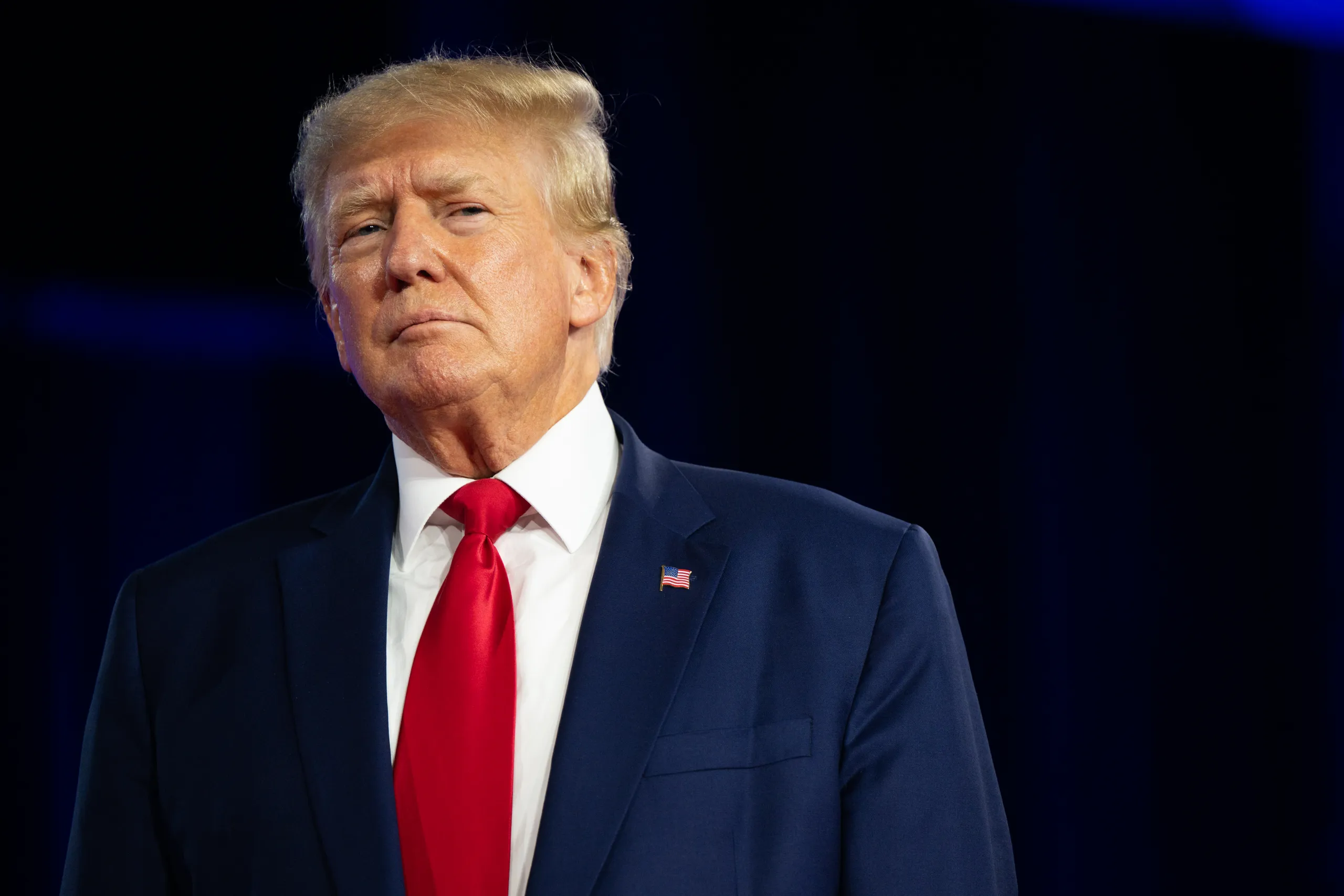
Jan 22nd, 2024 – The financial markets are on edge as they grapple with the potential structural implications of Donald Trump’s proposed 10% tariff increase on all imported goods. Michael Every, a global strategist at Rabobank, asserts that this move has the power to “shake up every asset class.” Trump, a leading contender for the 2024 Republican nomination, aims to triple the government’s intake by imposing these tariffs, intending to boost American domestic production.
Criticism of the policy is bipartisan, with Treasury Secretary Janet Yellen acknowledging that it would raise the cost of various goods for American businesses and consumers; the Tax Foundation estimates an annual tax increase exceeding $300 billion for U.S. consumers, potentially triggering retaliatory tax hikes by international trade partners. The American Action Forum predicts a 0.31% ($62 billion) hit to U.S. GDP instead, negatively affecting consumers and overall welfare.
Michael Every emphasizes that Trump’s intent goes beyond a simple tariff increase, indeed he aims to structurally reshape the global system, adopting a neo-Hamiltonian approach to reindustrialize the U.S. by creating barriers between the nation and the rest of the world.
Investors, having learned from 2016, are not caught off guard. Every suggests that the primary concern is not the 10% tariff itself but the broader strategy of breaking the global system to favor U.S. reindustrialization: this approach, if implemented, would impact every asset class, including equities, foreign exchange, and bonds.
The potential return to such protectionist trade policies, reminiscent of Trump’s previous trade war with China, raises worries for investors. Dan Boardman-Weston, CEO of BRI Wealth Management, notes that the macroeconomic and geopolitical landscape has significantly changed since Trump’s first term, adding an element of uncertainty that markets dislike.
As Trump positions himself for a potential second term, concerns are not limited to economic policies. His unpredictable approach to geopolitical issues, particularly in relation to Ukraine, Russia, and China, introduces heightened risks that could impact market valuations. In an uncertain world, investors are urged to consider the added element of unpredictability in their strategies.
Author: Ilaria Savignoni
